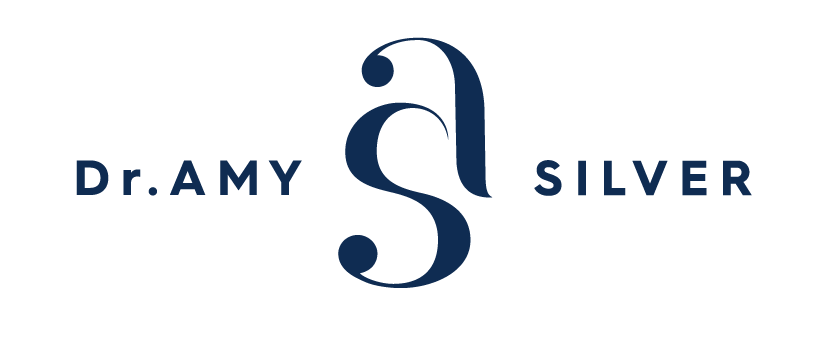I did it myself
If you want to grow or help others grow, read on.
Knowledge should be gained, experiences should be given, but true growth requires self-efficacy. Self-efficacy is one's belief in one's ability to succeed in a task or a situation. If you don't believe you can do it, it has a huge impact on your behaviour. It is slightly different from self-esteem (which I will talk about in my next blog!).
In psychotherapy, one of my markers of a good intervention was that my client attributed their success to themselves, as opposed to me. If they attributed their gains to me, the therapist, I knew something had gone wrong. Not in a catastrophic way of course, progress is progress and who knows what would happen next to keep this progress going. But, it did signal to me that an extra step might be needed in the intervention. In an ideal world, the client would leave the therapy thinking that they had done it all themselves saying, “thank you for sticking with me while I figured it all out” or slightly harder for my ego to handle but maybe even better, “looking back I just needed to do x, y and z, I didn’t really need your help”.
Fast-forward 10 years of working in the leadership space, and whether I am working with individuals or teams/groups, I still keep an eye out for the individuals' self-efficacy. I am amazed at how often people have gained knowledge, have been given experiences, but their self-efficacy lags behind. When this happens there is a common pattern that I'm sure you will recognise.
With low self-efficacy, people don't believe they can complete goals, tasks or challenges. People who are caught in this place will withdraw from taking on tasks, find it very hard to take on new responsibilities or work successfully in a changed environment. With the current norm of disruption looking to stay with us for a while, this can cause real issues. For people with low self-efficacy there will be a reliance on being told what to do, or doing things in the way they have always done them. They stay safe within their 'known', scared to fail in the 'unknown', doing the same thing that got them this far, even if it is irrelevant now. They become rigid, the opposite of innovative. For their colleagues it can be frustrating or can lead to a culture of people doing the minimum required rather than striving for growth.
People sometimes arrive in our workplaces with low self-efficacy. Other times, unfortunately low self-efficacy can be encouraged by a culture at work. If we want people to grow, we must ensure self-efficacy is fostered. Our work cultures need to be promoting self-efficacy and I see so many examples of wonderful managers, teams and organisational cultures who embrace this either explicitly or implicitly.
Here are a few tips if you want to develop self-efficacy for your colleagues:
1. Lets start off with the one everyone is talking about at the moment, enabling and embracing failure. This is essential for innovation and growth.
2. Check there is task clarity. Making sure everyone knows the rules in the game is key to success. Break down the goals into smaller checkable steps so again you build on clarity of expectations.
3. Ensure there are suitable guided experiences with a role model and mentor. Role modelling is essential to learning. This person might need more support from a mentor than you think or you are able to give. If it can't be you, find someone who it can be.
4. Work on your honest feedback conversations, learn to get comfortable with giving the truth. False praise is not the answer. Hiding the learnings in amongst praise, is not the answer. The answer is truth. Keep empathic to the person but keep dispassionate about the task, keep solution focused.
5. Give positive feedback to the individual about process, as opposed to outcome.
6. Work on purpose, values and meaning with the individual to increase their motivation.
7. Look for self-efficacy when recruiting.
8. Challenge cultures or practices that undermine people's self-efficacy.
Knowledge should be gained, experiences should be given, but true growth requires self-efficacy. Are you focused on fostering your own self-efficacy and that of your colleagues?

